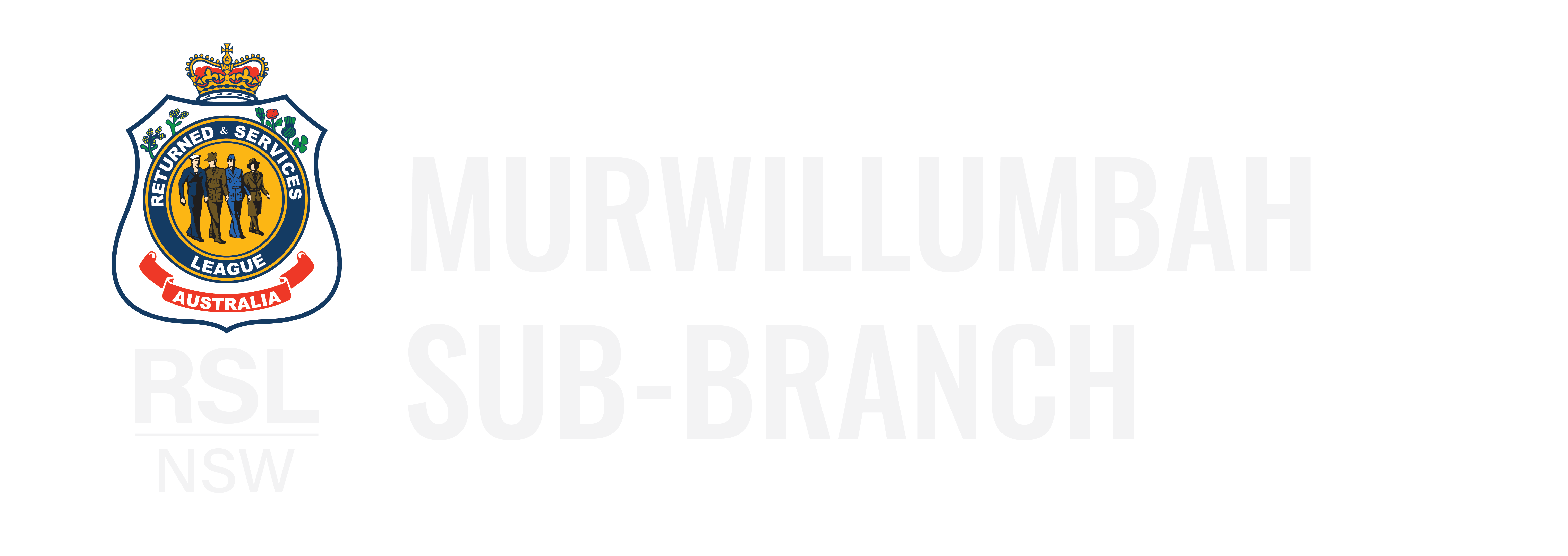
Private Francis George Rice
Service #: 54033
Summary
FAMILY LIFE
Francis (known as Franklin) George Rice was born on 17th September 1875 in Picton, son of James & Sarah Rice. He was one of seven children. He married Jane Theresa Morrisey in Sydney in 1900. They had 4 children.
APPLICATION
He was married man, a postman, living in Peter St, Murwillumbah eager to do his bit. He travelled to Lismore on 18th June 1918 to complete his application which showed his next of kin as his wife, Jane, of the same address. His medical showed he was 42 years 6 months old, 5ft 7 inches tall (1.7m), weighed 132 lbs (60kgs), with a fair complexion, blue eyes & dark hair. His eyesight was good. Franklin was Roman Catholic and had 2 vaccination marks on his left arm. He was enlisted as a private into the 33rd Infantry Battalion – 9th Reinforcements with service No 54033
THE 33RD BATTALION
Raised for service during World War I as part of the all-volunteer 1st Australian Imperial Force (AIF), the 33rd Battalion was formed in Australian in January 1916 as part of an expansion of the AIF that took place after the Gallipoli campaign. The majority of the battalion's personnel came from the New England region of New South Wales
On the 19th June 1918, the recruits left Brisbane, sailing upon the HMAT Field Marshall. They thought it was the start of a new adventure- for many it was their first time so far away from home. However, after some time at sea the biggest problem turned out to be boredom. Attempts at breaking up the boredom, apart from the regular drill, varied. Shipboard activities included regular church parades and concerts. Troops engaged in lifebelt drill; a cookhouse on deck; soldiers on fatigues peeling potatoes 'spud bashing'; going to the dentist; barber, pay day; soldiers cleaning personal equipment; medical inspection. Sports and recreation included boxing, deck quoits, draughts. Also, the commanding officer's morning inspection; kit inspections; submarine drill; recreation such as the on deck 'open air' library, deck billiards, pillow fighting and card games including Nap. As well, conditions on the ships were cramped and the risk of illness was constant
FOVANT TRAINING CAMP
The recruits arrived in the London on 26th August 1918. Now, over many more tough months, in the training camp at Fovant in Wiltshire, the volunteers left their old lives farther behind. They began their training with physical fitness exercises, they were taught individual and unit discipline, how to follow commands, how to march, some basic field skills and how to safely handle his weapons. Later, as soldiers specialised in a particular area (for example, machine gunner or signaller) they would be trained in specific skills and would take part in practice manoeuvres and sham fights. They would spend many hours learning training in the use of bayonets, anti- gas training and guard duty along with lectures on camouflage or trench warfare and much more
WAR ENDED
However, the end of the war was in sight and on 11th November the fighting was officially over. After the Armistice, the Australian Prime Minister Billy Hughes insisted Australian troops be repatriated (returned home) as quickly as possible. This logistical challenge was enormous with 135,000 troops brought home from Britain in 147 voyages, and 16,773 troops from the Middle East in 56 voyages, mostly on a first come, first go basis. There was a lack of suitable ships to transport personnel home and many had to wait several months before they were headed back to Australia.
HOSPITALISATION INFLUENZA NOVEMBER 1918
Franklin was admitted to Hurdcott Hospital in Fovant on 29th November 1918 with bronchitis.
FRANCE JANUARY 1919
By 22nd January 1919 he sailed to Rouelles, France. The 33rd had various duties to perform in France after the war. They maintained a presence in occupied Germany and other parts of Europe to enforce the terms of the armistice. They were often assigned occupation, security, and stabilization roles, especially in areas with civil unrest or unstable postwar conditions. They helped maintain order or assisted in reconstruction after the devastation of the war.
GOING HOME
Franklin returned to Australia, per the Prinz Hubertus, disembarking on 26th August, 1919. He was discharged 11th September 1919.
FOR HIS SERVICE
For his service, John was awarded the 1914-15 Star, British War Medal, and the Victory Medal
If you have any additional information about this individual, we invite you to email us at rsl@msmc.org.au.
Memorial Location
We do not know the memorial location of this individual
Buried Location
We do not know the burial location of this individual


